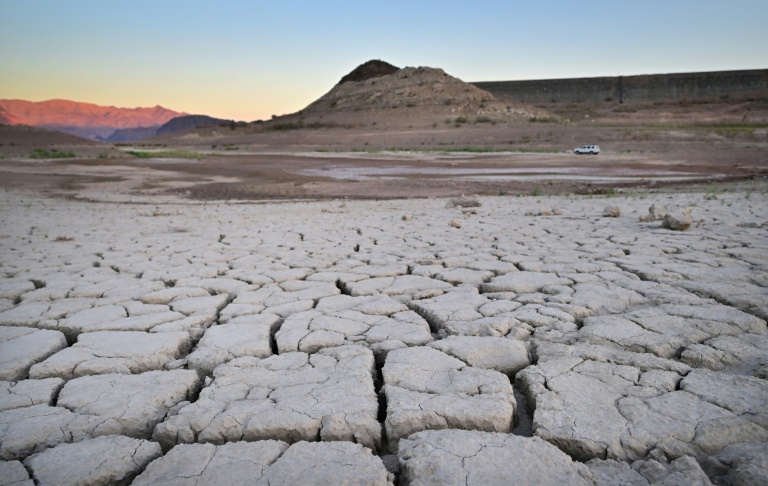US NIH outlines strategies to address the health impacts of climate change

A new study shows that climate change will cause massive economic damage within the next 25 years – Copyright GETTY IMAGES NORTH AMERICA/AFP/File Elijah Nouvelage
Climate change continues to pose critical health risks. Examples are with stronger storm systems and widespread flooding, both of which can disrupt the healthcare infrastructure and medical supply chains.
The risk with flooding, to take an example, occurs since warmer air can hold more water.in addition, climate change is also leading to heavier rainfall and extreme floods in other areas. This claims lives, destroys homes and infrastructure. This serves to place a huge economic burden on our societies.
Furthermore, rising temperatures may increase the risk of disease, spread of insect-borne pathogens, and changes in water and air quality.
There is also an increased burden on our body’s regulatory systems, stressing cardiovascular and pulmonary function with impact on the very young, the elderly, and those with underlying compromised health. As one example, warmer temperatures and shifting weather patterns can worsen air quality, which can lead to asthma attacks and other respiratory and cardiovascular health effects.
A new U.S. government effort to reduce the impact is the National Institutes of Health Climate Change and Health Initiative. This aims to reduce those threats by fostering cross-cutting research collaborations and building on that science to develop effective policy to protect health in a changing world.
Discussing this, Rick Woychik, director if the National Institute of Environmental Health Sciences, said in a presentation at Yale University: “We have to figure out: what are the health consequences of the direct effects of climate change? But there are also all these indirect effects.”
In his public lecture, “Planning the Future of Environmental Health Sciences,” delivered on 9th May 2024 at the Fralin Biomedical Research Institute, Woychik discussed how the environment influences health outcomes and how the NIH is addressing these challenges. The talk will also explore how climate change unequally impacts vulnerable populations, emphasizing the need for innovative research strategies to mitigate risks and foster resilient communities.
The lecture provided valuable information about the latest research and collaborative approaches to address the global challenges.
As a molecular geneticist, Woychik has experience in academia and industry, serving as chief scientific officer for Lynx Therapeutics and as a professor within the departments of paediatrics, genetics, and pharmacology at Case Western Reserve University in Ohio.
Woychik earned his doctoral degree in molecular biology at Case Western Reserve University and did postdoctoral training at Harvard Medical School.
US NIH outlines strategies to address the health impacts of climate change
#NIH #outlines #strategies #address #health #impacts #climate #change





